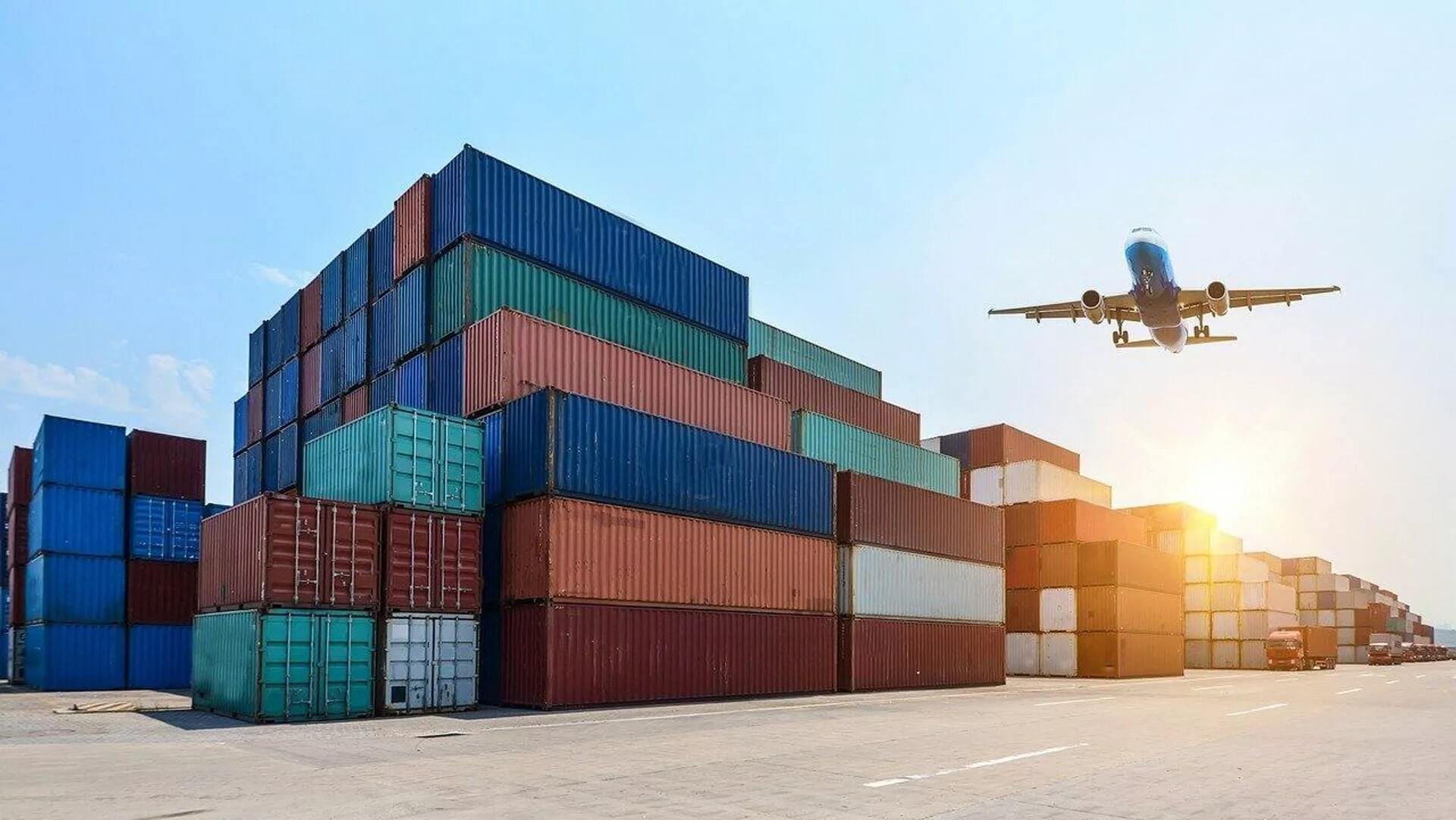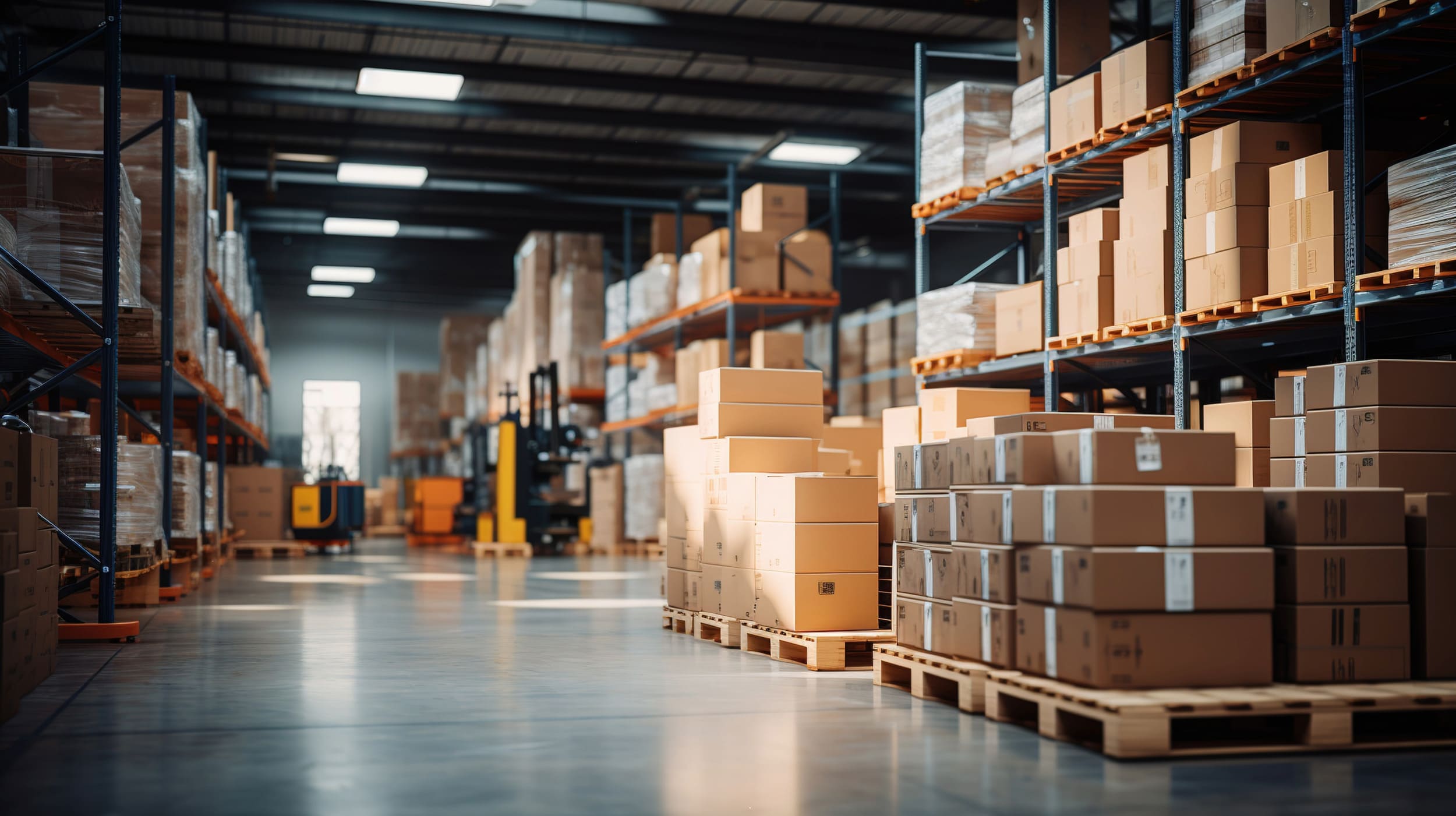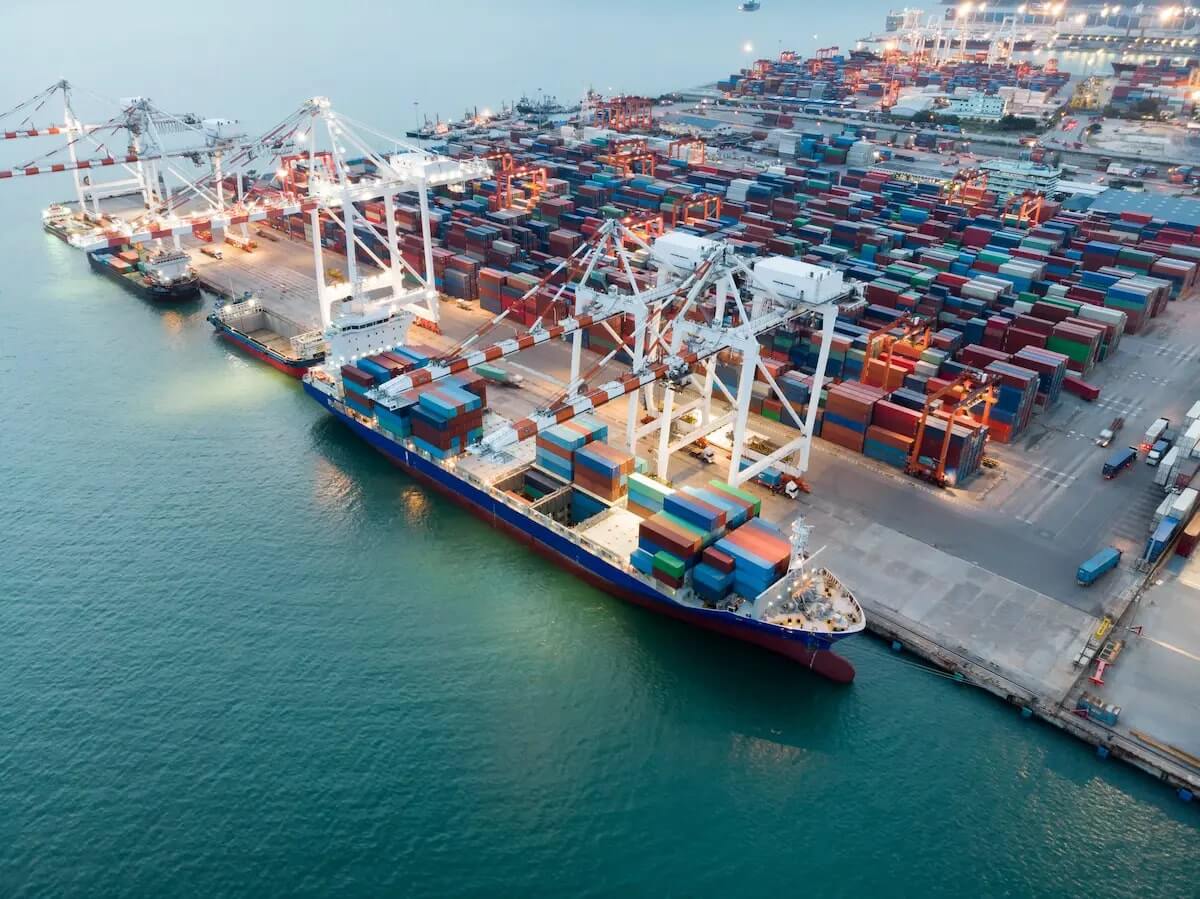
In today’s global marketplace, international trade is essential for businesses looking to expand their reach and increase profitability. However, with the benefits of global commerce come the complexities of navigating international trade regulations. Each country has its own set of rules and regulations that govern the import and export of goods, and failure to comply with these regulations can result in delays, fines, and even the seizure of goods. To ensure smooth shipping and successful international trade, it’s crucial to understand the regulations that apply to your business. In this article, we’ll explore key aspects of international trade regulations and provide tips for staying compliant.
Understanding Trade Agreements
Trade agreements are treaties between countries that regulate the flow of goods across borders. These agreements establish the rules for how products are taxed and traded, including duties, tariffs, and other trade restrictions. Some agreements create free trade zones, where goods can be exchanged with reduced or no tariffs, making it easier and more cost-effective to do business internationally.
Common trade agreements include:
- NAFTA/USMCA (United States-Mexico-Canada Agreement): Facilitates trade between the U.S., Canada, and Mexico with reduced tariffs and simplified regulations.
- European Union Free Trade Agreements: The EU has trade agreements with many countries, reducing barriers for businesses exporting to or importing from Europe.
- Trans-Pacific Partnership (TPP): Focuses on trade among Pacific Rim countries.
Understanding which trade agreements apply to your business can help you identify cost savings and avoid unnecessary barriers when shipping internationally.
Customs Compliance
Customs compliance refers to adhering to the regulations set by the customs authorities in the countries where you import or export goods. Each country has specific rules for what can be imported, how goods should be classified, and what duties and taxes need to be paid. Failing to comply with these regulations can result in penalties, delays, or the confiscation of your goods.
To ensure compliance, you need to:
- Properly classify goods: All products shipped internationally must be classified using the Harmonized System (HS) code, which determines the duties and taxes that apply.
- File accurate documentation: Customs authorities require a variety of documents, including commercial invoices, packing lists, certificates of origin, and customs declarations. Ensuring that these documents are accurate and complete is crucial for avoiding delays.
- Understand import/export restrictions: Some countries have restrictions on specific goods, such as hazardous materials, agricultural products, or items subject to sanctions. Make sure you are aware of these restrictions before shipping.
Tariffs and Duties
Tariffs and duties are taxes imposed by governments on imported goods. The amount you pay is determined by the type of product, its value, and the country of origin. While tariffs are designed to protect domestic industries by making imported goods more expensive, they also play a significant role in the cost of international shipping.
Some countries may have preferential trade agreements that reduce or eliminate tariffs on specific goods. Understanding the tariffs and duties that apply to your shipments can help you estimate costs and avoid unexpected expenses.
It’s essential to stay updated on tariff changes, as they can fluctuate due to changes in trade agreements or geopolitical events.
Export Controls and Embargoes
Export controls are regulations that restrict the sale of certain goods to specific countries or individuals. These controls are typically implemented for reasons related to national security, foreign policy, or economic protection. Some products, such as military equipment, dual-use goods (items that have both civilian and military uses), and sensitive technologies, are subject to strict export controls.
An embargo, on the other hand, is a ban on trade with specific countries. The U.S., for example, has embargoes against certain countries like North Korea and Iran. Violating export controls or embargoes can result in severe penalties, including fines or criminal charges.
Before exporting goods, it’s crucial to:
- Check if your product is subject to export controls.
- Verify if the destination country is under an embargo.
- Ensure you are not shipping to restricted individuals or organizations, often referred to as “denied parties.”
Incoterms and International Contracts
When shipping internationally, it’s important to clearly define who is responsible for different aspects of the shipping process. Incoterms (International Commercial Terms) are a set of standardized rules that define the responsibilities of buyers and sellers in international transactions. They outline who is responsible for transportation costs, insurance, customs clearance, and the risk of loss during transit.
Common Incoterms include:
- EXW (Ex Works): The buyer is responsible for all transportation costs and risks once the goods leave the seller’s premises.
- FOB (Free on Board): The seller is responsible for delivering the goods to the port, after which the buyer assumes responsibility.
- CIF (Cost, Insurance, and Freight): The seller covers the cost, insurance, and freight to the buyer’s port of destination, but the buyer assumes the risk once the goods are on the ship.
Choosing the right Incoterms is critical for ensuring smooth transactions and avoiding disputes over shipping responsibilities.
Documentation and Record-Keeping
Proper documentation is essential for ensuring compliance with international trade regulations. Customs authorities require specific documents to process shipments, and any inaccuracies can lead to delays, penalties, or the refusal of goods at the border.
Some important documents include:
- Commercial Invoice: A detailed statement of the goods being shipped, including value, quantity, and HS code.
- Bill of Lading: A legal document between the shipper and carrier detailing the type, quantity, and destination of the goods.
- Certificate of Origin: A document certifying the country in which the goods were produced.
In addition to submitting accurate documentation, businesses should maintain detailed records of all international shipments. These records may be required for audits or inspections by customs authorities.
Working with Freight Forwarders and Customs Brokers
For many businesses, the complexities of international shipping are best managed with the help of freight forwarders and customs brokers. Freight forwarders specialize in organizing and managing the logistics of international shipping, while customs brokers ensure that shipments comply with customs regulations.
A good freight forwarder can help you choose the most efficient shipping routes, navigate trade agreements, and handle the documentation required for customs clearance. Customs brokers, on the other hand, help businesses avoid costly mistakes by ensuring that shipments meet all import/export regulations.
Conclusion
Navigating international trade regulations can be a challenging but necessary part of expanding your business globally. By understanding trade agreements, customs compliance, tariffs, export controls, and proper documentation, you can minimize delays and ensure smooth shipping. Working with experienced freight forwarders and customs brokers can also simplify the process and help you stay compliant. With the right knowledge and support, your business can take full advantage of the opportunities presented by international trade.



